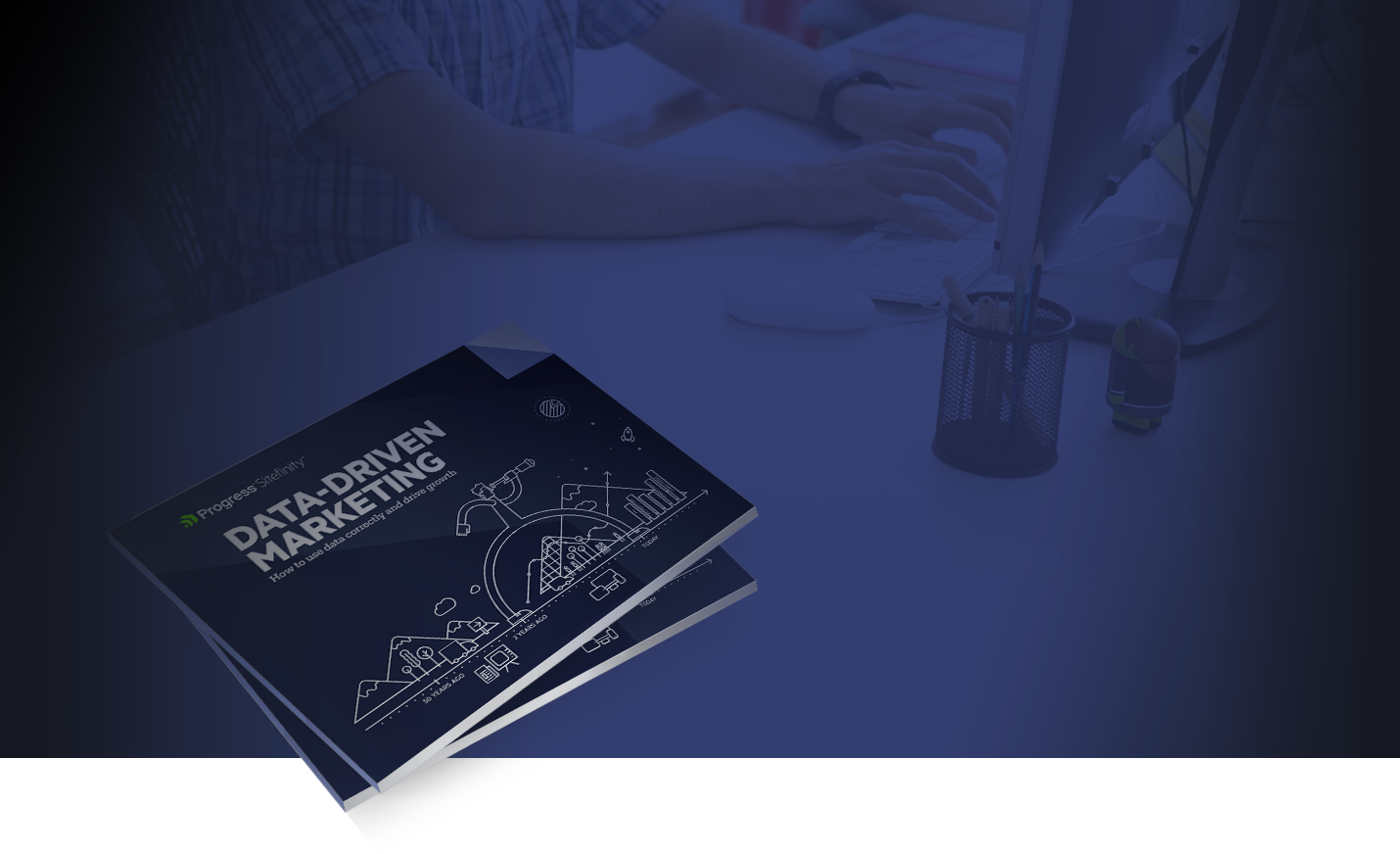
How to use data correctly and drive growth?
Formerly, buyers were limited in the ways they could gather product information. But because of the web and social media, buyer behaviors have changed. Because buyer interactions can number in the thousands or millions, businesses must use automated tools to personalize the buyer's online experience and drive them toward a purchase decision.
Traditional Marketing
vs
Data-Driven Marketing
How do you define Marketing?

Traditional Marketing
The standard definition of marketing revolves around communicating value. For a long time this has translated into a circular model of spending, broadcasting, converting and spending the profits again. This model is getting more expensive and more inefficient by the day.

Data-Driven Marketing
Armed with data-driven process, marketers can take a completely different, more personal approach toward customers. Learning from existing customer data they can apply what they've learned to target customers and personalize better. The more customers you have, the more you can perfect the customer journey.
How do you drive growth?

Traditional Marketing
We have been using the funnel for decades, but it fails to help us prioritize the best customers and recognize them early on. This is no longer in the scope of sales – you need scale and you need to be able to do that with marketing.

Data-Driven Marketing
Having a map of the customer journey allows you to predict very early on who your potential customers are and serve relevant experiences for them in real time. This allows you to prioritize.
How do you optimize?

Traditional Marketing
When you need to influence a metric, you usually start a guessing game of what to do: what promotion to run, what to optimize, which customers to target. This usually means everybody working six times as hard, but a lot of this effort doesn’t help your actual growth in an optimal fashion.

Data-Driven Marketing
In data-driven marketing you learn from customer success and apply it to customer acquisition and conversion. Data around the customer journey helps you find key segments, steps and experiences that will influence exactly the tactic you are targeting, transforming your team into a zero-waste system.
How to connect the dots?

Traditional Marketing
Half of the marketing budget is wasted. The problem is, we don’t know which half. We know that marketing activities transform into revenue - somehow - but the relationship is indirect and we transform our estimations into budgets and planning.

Data-Driven Marketing
Data-Driven Marketing doesn't use funnels. Instead it measures journeys and maps activities uniquely for each customer.